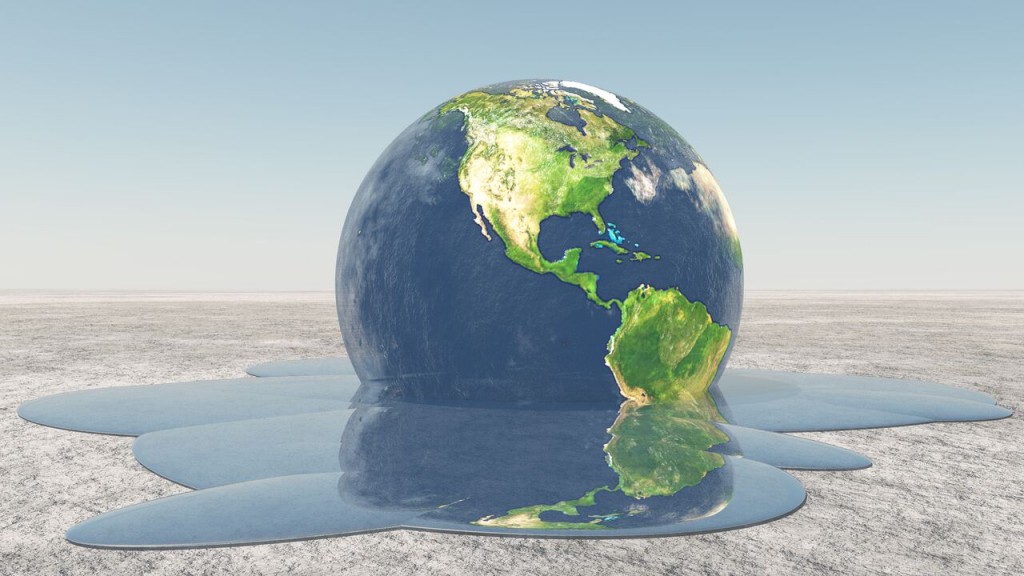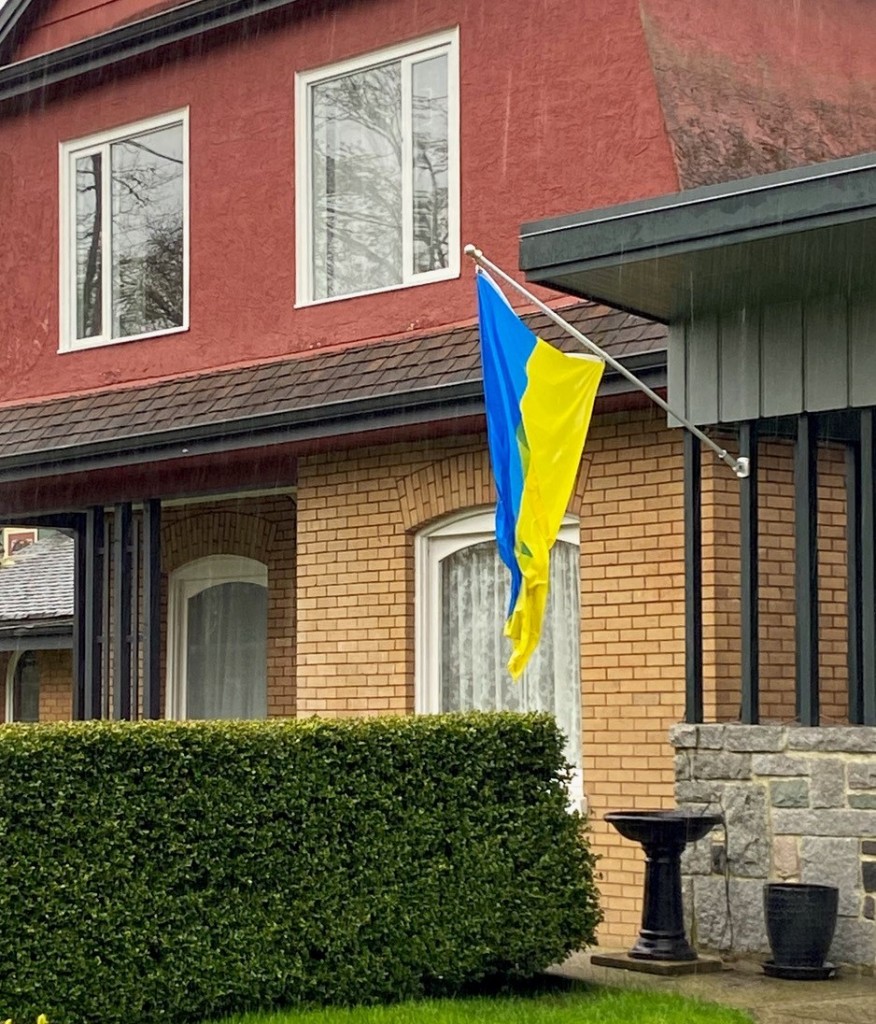British weather service says Pacific Ocean temperatures have flipped, increasing warming
By Colten Kamlade, Staff reporter
The “end of the recent slowdown in global warming” has come to an end, according to the Met Office, the UK’s weather service.
This “is due to a flip in Pacific sea-surface temperatures,” the Met Office announced earlier this month. The cause of this “flip” is the Pacific Decadal Oscillation, “which entered its positive phase, warming the tropics, the west coast of North America and the globe overall.” According to The National Centres for Environmental Information website, “the Pacific Decadal Oscillation is often described as a long-lived El Niño-like pattern of Pacific climate variability.” Essentially, a change in wind patterns will cause the climate to continue warming at a faster pace.
David Waddington, chair of earth and environmental science at Douglas College, confirmed the accuracy of the Met Office’s statements.
“My understanding is that the Pacific Decadal Oscillation is very real, and that the switch to positive phase occurred a couple of years ago. So, these statements are not controversial,” he said.
Environmentalists warn of the far-reaching effects of climate change. Waddington provided climate predictions for areas surrounding Douglas College campuses.
“As far as BC climate over the next 100 years is concerned, one of the key people is botanist Dr. Richard Hebda of the Royal BC Museum. He gave a talk at Douglas a couple of years ago, and he said that the interior of BC would warm considerably, resulting in dry desert conditions in South-central BC. Of the coast, he said that we could expect more extremes of climate—more snow, more drought, windstorms—together with increased precipitation overall,” Waddington said.
Even closer to home, Waddington said that “rising sea level will affect the low-lying areas of Coquitlam, Port Coquitlam, Pitt Meadows, Surrey, Richmond, North Delta, Ladner,” and that “winter flooding events will occur when storms combine with high tides, and overtop the dikes along the ocean side and Fraser River.”
“We live in interesting times.”


